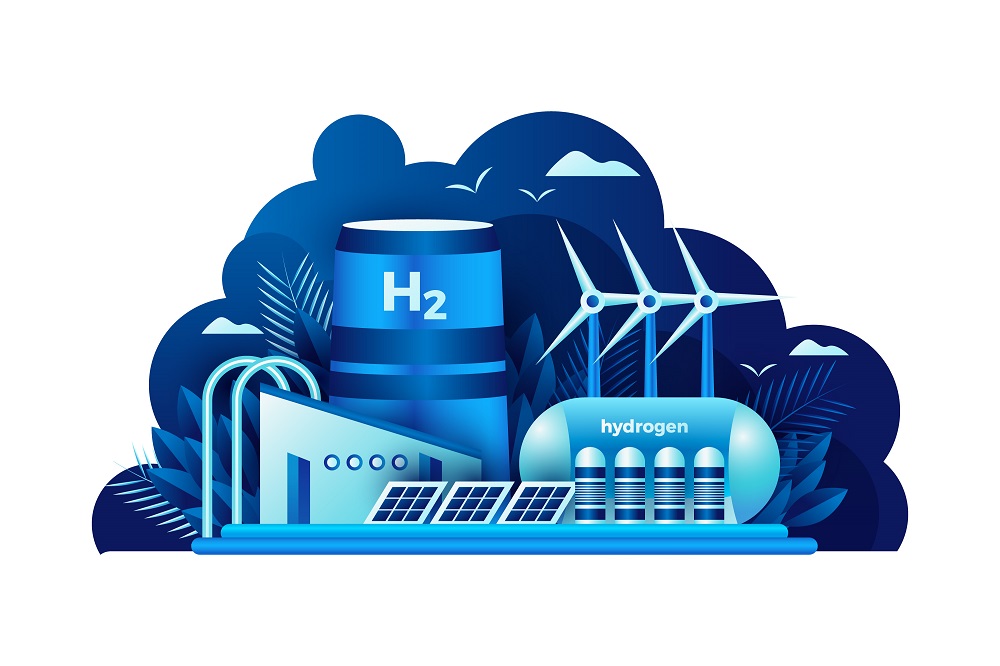Posted on July 3, 2025
As India accelerates its shift toward clean mobility and sustainable energy, Electric Vehicles (EVs) and Green Hydrogen are becoming essential drivers of this transformation. With policies like the National Electric Mobility Mission and the National Green Hydrogen Mission gaining traction, there’s an urgent need to build a skilled workforce that can cater to emerging roles in these sectors.
Recognizing this, Higher Education Institutions (HEIs), training institutes, and skill development organizations have started offering focused courses and certifications that go beyond traditional engineering education. These programs are designed to make students industry-ready from day one.
Job role–based EV courses in Higher Education Institutions (HEIs)
Many colleges and universities have introduced specialized EV degree and diploma programs that align with the requirements of industry-specific job roles. These include:
● EV Design Engineer: Learn vehicle architecture, powertrain design, and simulation using Simulation Software
● Battery Management System (BMS) Engineer: Focus on battery architecture, thermal management, and embedded systems
● Charging Infrastructure Engineer: Learn the deployment and management of EV charging solutions
● EV Testing Engineer: Understand regulatory compliance, homologation, and test procedures
These programs aim to bridge the skills gap by integrating practical learning with theoretical concepts, ensuring graduates are ready to contribute immediately in a professional setting.
Diploma and certification courses in EVs
In addition to full-time degree programs, diploma and certification courses are being offered for fresh graduates and working professionals to build domain-specific expertise in EVs. Key focus areas include:
● EV Powertrain and Battery Design
● Power Electronics and Electric Motors
● Charging Infrastructure and Systems
Simulation and Testing using industry tools
Courses such as the Post Graduate Diploma in Electric Vehicle Technology offer flexibility and industry-relevant modules. Many of these are available online through AICTE’s NEAT platform, widening access across geographies.
Green Hydrogen: Creating a skilled workforce for the future
India’s push for Green Hydrogen through the National Green Hydrogen Mission has unlocked several new job roles. The Hydrogen Sector Skill Council (HSSC), along with industry bodies, has developed Qualification Packs (QPs) at different NSQF levels:
● Level 4.5: Green Hydrogen Plant Operator V1.0
● Level 5: Green Hydrogen Plant Entrepreneur
● Level 5: Emergency Communication Practices (Energy Sector)
● Level 6: Green Hydrogen Refueling Station Design
These roles focus on critical technical areas such as hydrogen production via electrolysis, compression and storage, safety protocols, and infrastructure development.
Certificate and training programs in Green Hydrogen
To support these job roles, specialized certificate courses are being offered by academic and industry partners. These include:
● Certification Course on Green Hydrogen as an Energy Alternative
● Advanced Green Hydrogen Courses
These short-term courses provide an excellent entry point into green hydrogen careers and encourage professionals and students to upskill as the sector evolves.
The need for practical training and industry support
Theoretical knowledge alone is not enough to meet the challenges of modern energy systems. Hands-on training is crucial for both EV and Green Hydrogen sectors. Institutions must invest in practical learning environments where students can:
● Assemble and troubleshoot EV powertrains
● Test and calibrate BMS systems
● Operate hydrogen production units safely
● Understand real-world safety compliance and emergency procedures
This highlights the need for deeper industry-academia collaboration and the creation of applied learning ecosystems.
Enabling industry-ready labs with Nvis Technologies
Institutions looking to strengthen their technical training infrastructure can partner with organizations like Nvis Technologies, which specializes in educational lab solutions. Their offerings include:
● Functional EV systems and charging simulators
● BMS modules and testing stations
● Green Hydrogen training kits for production, storage, and safety
● Interactive platforms for applied STEM learning
These labs support hands-on learning aligned with real job roles and are critical for bridging the gap between education and industry.
Electric Vehicles and Green Hydrogen are redefining the landscape of energy and mobility. HEIs and training providers are playing a crucial role in preparing a future-ready workforce through job-aligned, hands-on, and flexible learning pathways.
By focusing on emerging roles, integrating practical training, and fostering collaboration with industry, these education models not only improve employability but also support India’s larger goals of sustainability and innovation.









Leave a reply